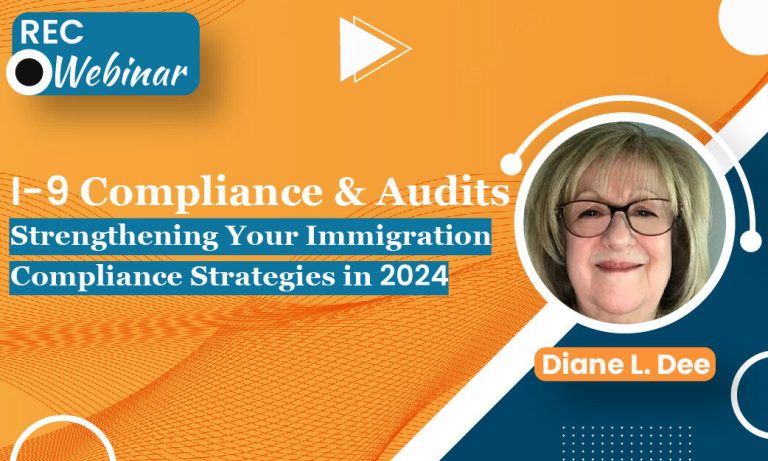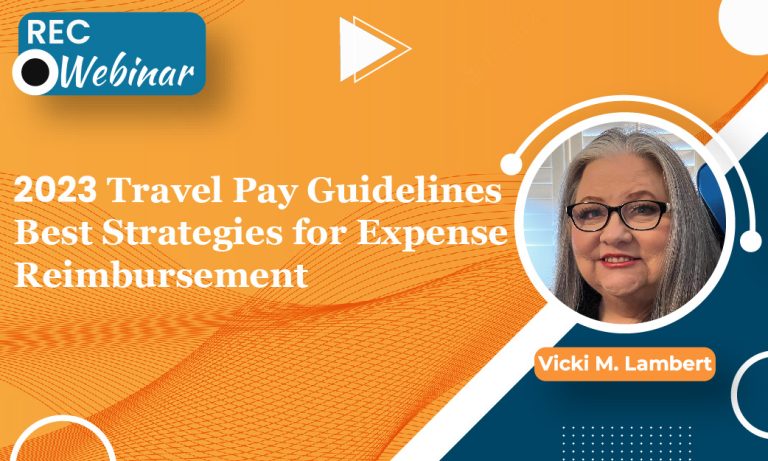RECORDED TRAINING COURSE
Wage garnishment is a complex topic in itself. Wage garnishment and creditor garnishments, they are some of the most complex tasks required of any payroll department. If garnishments are not handled correctly, you may find yourself facing situations that become extremely costly both financially and emotionally. Courts, federal and state regulations, bureaucracies, lawyers, and a multitude of other factors can complicate even the most basic procedures. Add in the emotional turmoil that often accompanies garnishment orders and even small errors can become major disasters.
The reality is that all of the people and entities involved in wage garnishment and other types of creditor garnishments expect action from the payroll department. Payroll must understand all the laws that apply to processing these types of garnishments backward and forwards. It is sometimes even up to the payroll department to catch and correct any errors that have been made by anyone else along the way! Precise and accurate compliance with garnishment regulation can help to reduce or eliminate the emotional and financial toll that can result from these unfortunate situations as well as stave off any penalties that may result if processed incorrectly
SESSION HIGHLIGHTS:
- How to define the various types of Tax Levies and Creditor Garnishments
- The federal requirements a Payroll Department must know on each type of Garnishment
- How state requirements affect Garnishments
- How to handle terminated employees regarding Garnishments
- How to determine the withholding under a federal Tax Levy
- Deducting the proper amounts for Student Loans and Creditor Garnishments
- What rules are followed when it comes to State Tax Levies—and it may not be the CCPA
- Best practices for communicating with Employees and Issuing Parties
- How to calculate the withholding and prioritize the order of distribution when an employee has more than one type of Garnishment
- What to do with “Payday Loans” or what is known as Voluntary Wage Assignments for Creditors
- Best practices for processing Wage Garnishments in the Payroll Department
Why You Should Attend:
This webinar concentrates on processing wage garnishments in the payroll department other than child support. It covers the federal rules for creditor garnishments, the IRS rules for federal tax levies, the various aspects of state tax levies, the key points for processing state creditor garnishments, how to handle voluntary wage assignments such as payday loans and student loans. It includes best practices for reconciling and processing the garnishments in the payroll department. Sample memos for communicating with the employee concerning garnishments are included. Step by step math calculations are reviewed for tax levies and creditor garnishments. The IRS Form 668-W is reviewed.
Who Should Attend:
- Payroll Executives/Managers/Administrators/Professionals/Practitioners/Entry Level Personnel
- Human Resources Executives/Managers/Administrators
- Accounting Personnel
- Business Owners/Executive Officers/Operations and Departmental Managers
- Lawmakers
- Attorneys/Legal Professionals
- Any individual or entity that must deal with the complexities and requirements of Payroll Compliance Issues
Note: You will get access to the Recording link and E-Transcript; in your account and at your registered email address.
 Dayna is currently the Payroll Tax Manager at PetSmart Inc. Dayna has been heavily involved in the payroll field over 15 years. Starting as a payroll clerk at a small Tucson company, Dayna moved on to be a Payroll Team Leader at Honeywell Inc.
Dayna is currently the Payroll Tax Manager at PetSmart Inc. Dayna has been heavily involved in the payroll field over 15 years. Starting as a payroll clerk at a small Tucson company, Dayna moved on to be a Payroll Team Leader at Honeywell Inc.












